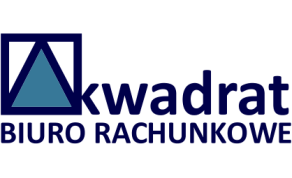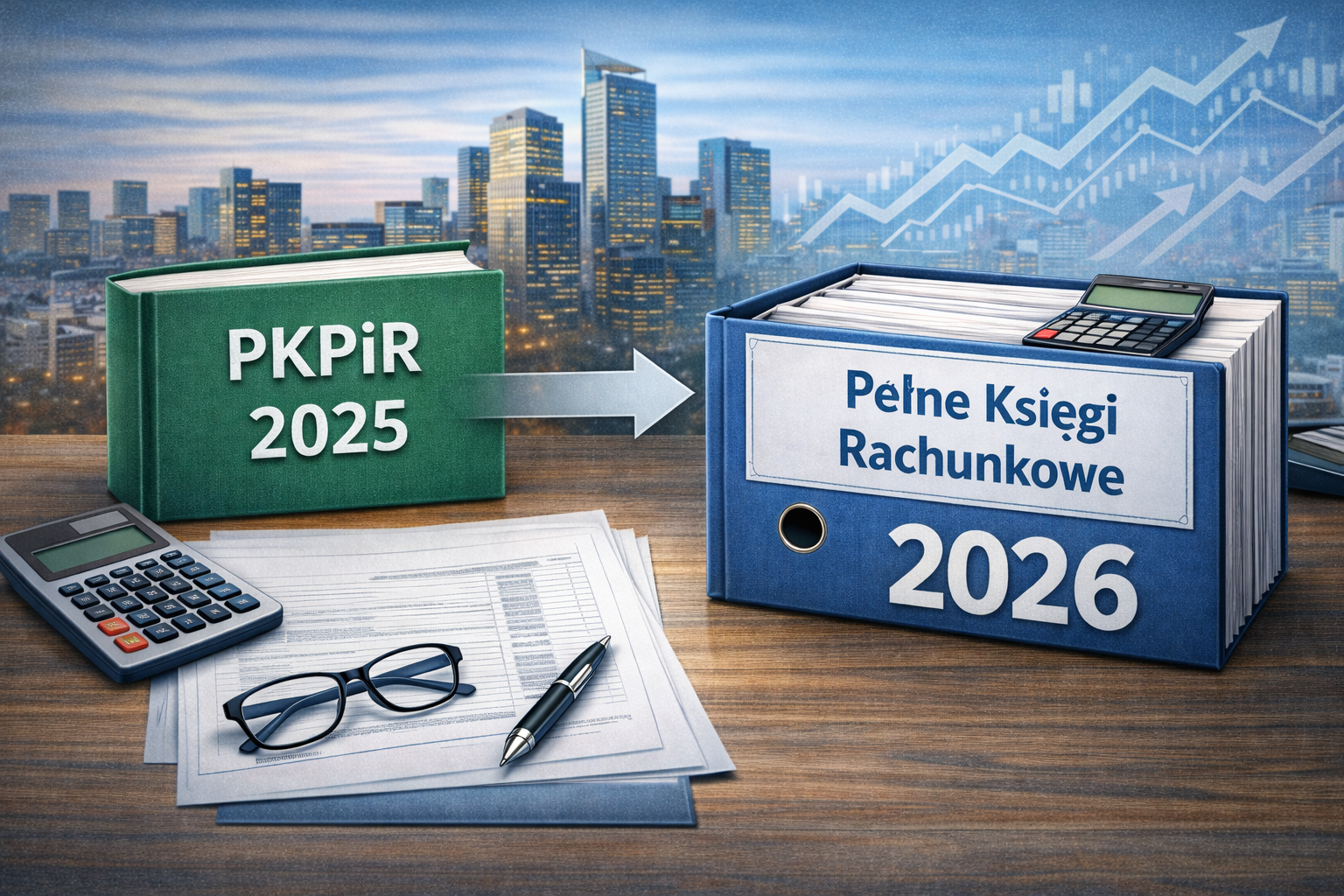As of January 1, 2025, significant changes have been introduced to the rules for calculating health insurance contributions for entrepreneurs. The new regulations reduce the minimum basis for calculating health insurance contributions to 75% of the minimum wage, which is intended to reduce the burden on companies.
Minimum basis for calculating health insurance contributions:
In 2025, the minimum wage is PLN 4,666. Therefore, the minimum base for calculating the health insurance contribution is 75% of this amount, or PLN 3,499.50. The health insurance contribution is 9% of the base, which is PLN 314.96 per month.
Changes to income calculation:
Several significant changes have been introduced in the calculation of income that is the basis for calculating health insurance contributions. Here are the most important ones:
1. Exclusion of income from the sale of fixed assets
- Income for the calculation of health insurance contributions does not include revenues from the sale of fixed assets, intangible assets and legal rights and the costs of obtaining them.
- This means that if an entrepreneur sells, for example, a company car, he or she will not pay health insurance contributions on this transaction.
2. Possibility of taking into account depreciation deductions
- In 2025, entrepreneurs can still reduce their income by depreciation deductions when calculating health insurance contributions.
- This is a beneficial change for companies investing in equipment and real estate.
3. Simplification of the rules for flat-rate taxpayers
- The basis for calculating health insurance contributions for flat-rate taxpayers will continue to depend on annual income, but without the additional complications related to the costs of obtaining income.
Health insurance contribution and form of taxation:
- Flat tax: Entrepreneurs who settle their taxes using the flat tax rate pay a health insurance contribution of 4.9% of their income. They are subject to a minimum contribution, even if they have no income in a given month. In 2025, the minimum contribution is PLN 314.96 per month.
- Tax scale: People who file their taxes according to the tax scale pay a health insurance contribution of 9% of their income. The minimum contribution is also PLN 314.96 per month.
- Recorded income lump sum: The contribution rate depends on the annual income. For example, for income up to PLN 60,000, the annual contribution is 9% of 60% of the average salary. Detailed rates depend on the income thresholds.
Health insurance contribution deduction:
Entrepreneurs taxed with a flat tax rate can deduct paid health insurance premiums from their income, up to an annual limit of PLN 12,900 in 2025. People who settle according to the tax scale do not have this option, but they are entitled to a tax-free amount of PLN 30,000 per year.
These changes are intended to simplify the system and adjust the burden to the real income of entrepreneurs. They mean that entrepreneurs will pay less in difficult periods, have more deduction options and do not have to worry about the contribution from the sale of company assets.




